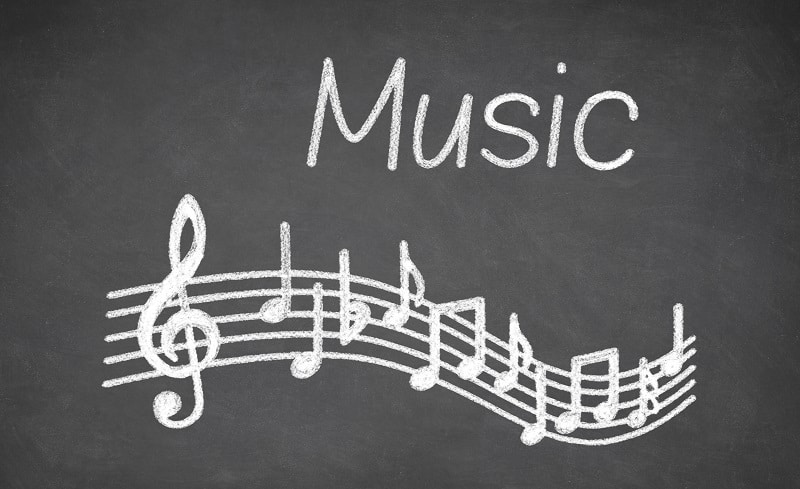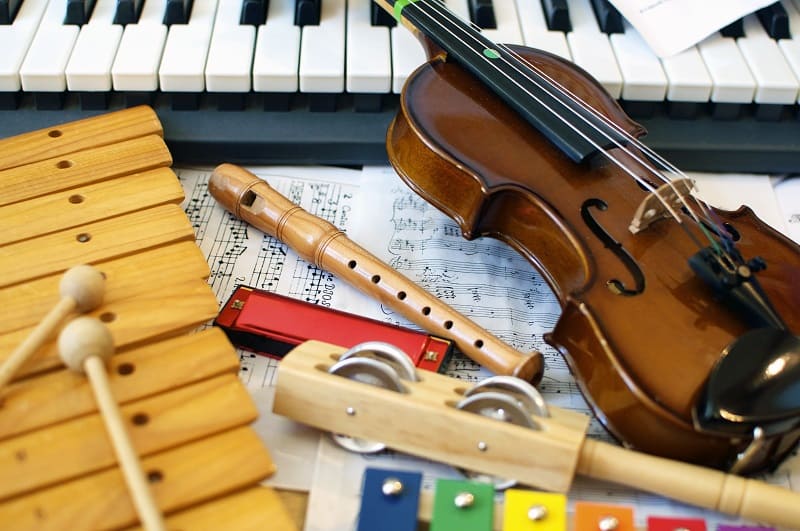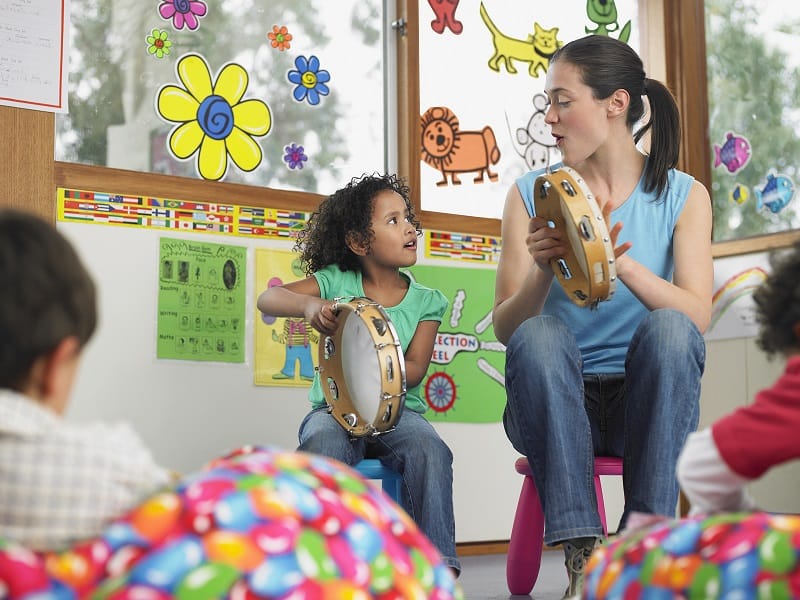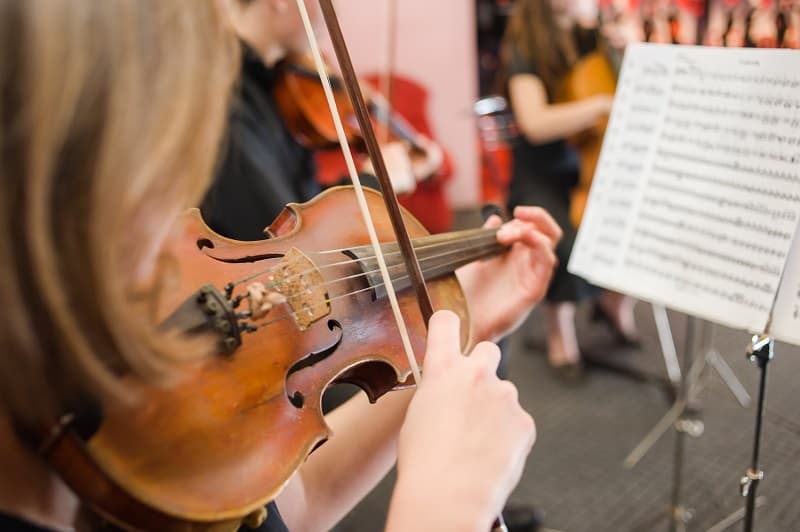theteam@theeducationhub.org.nz
Postal Address
The Education Hub
110 Carlton Gore Road,
Newmarket,
Auckland 1023
The arts are powerful forms of communication that use a range of verbal and non-verbal languages including sound, movement, and image.

An overview of music as an academic subject and its place in the curriculum.

Music in the New Zealand curriculum and the changes to how it has been taught and assessed.

A guide to the key principles of teaching music in primary school.

Key considerations for teaching music in secondary schools.